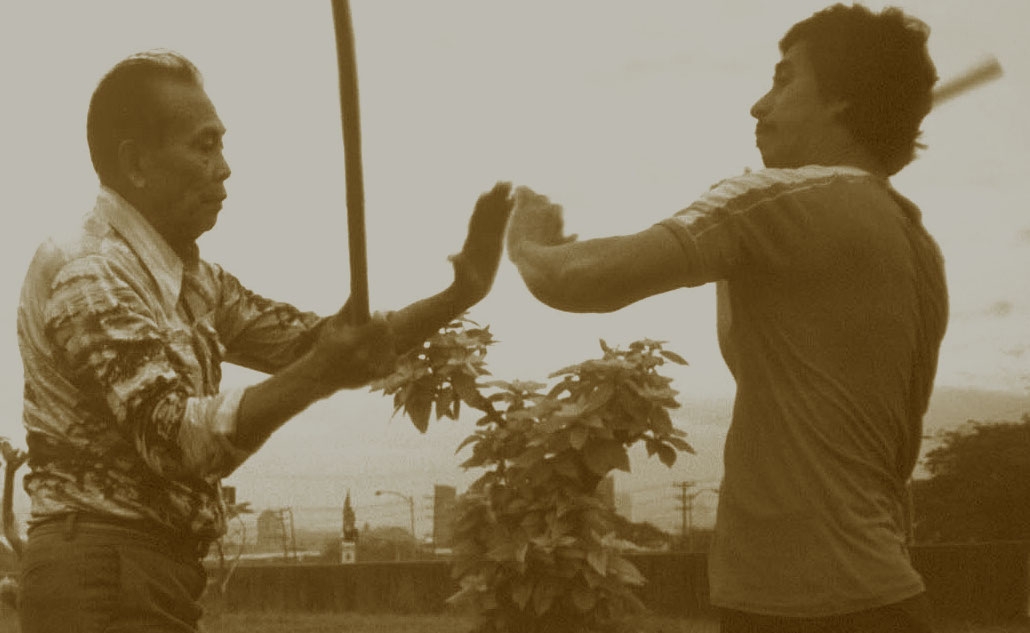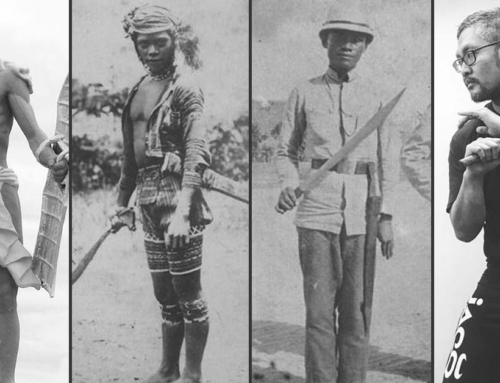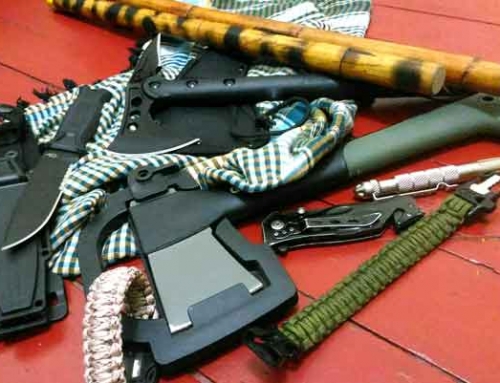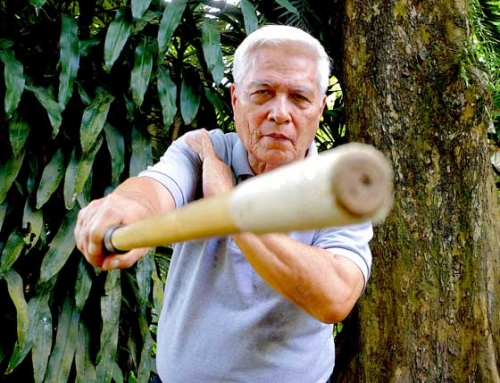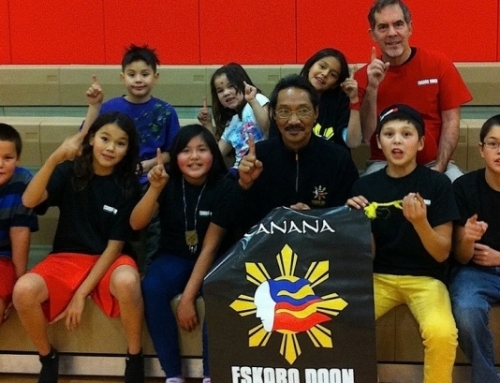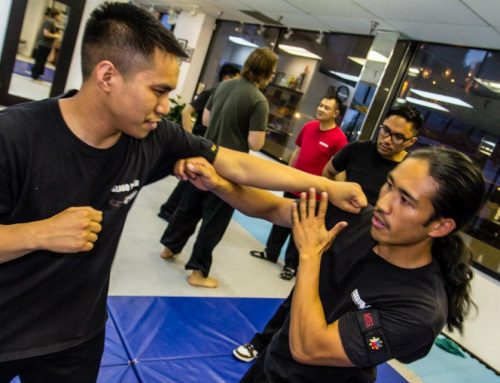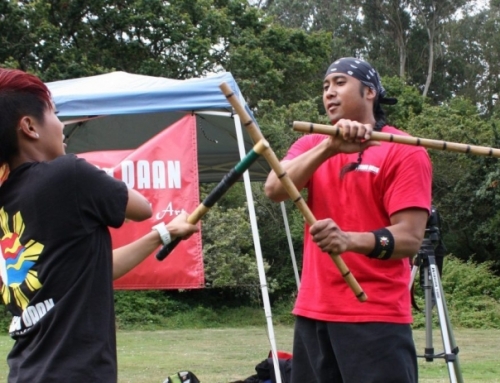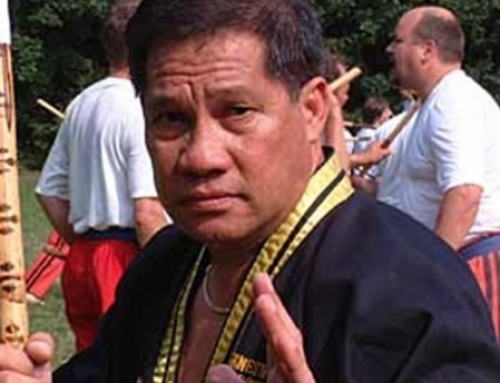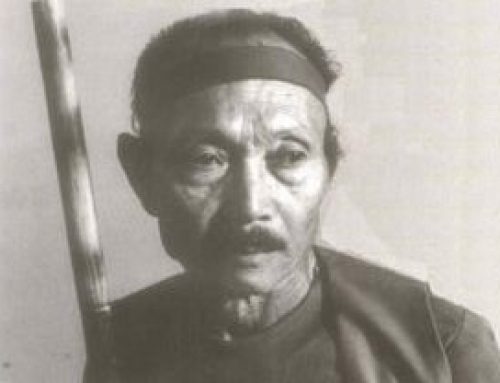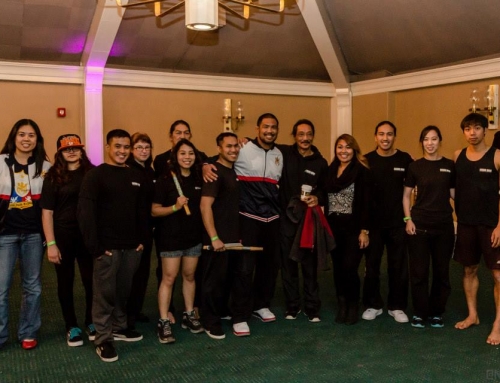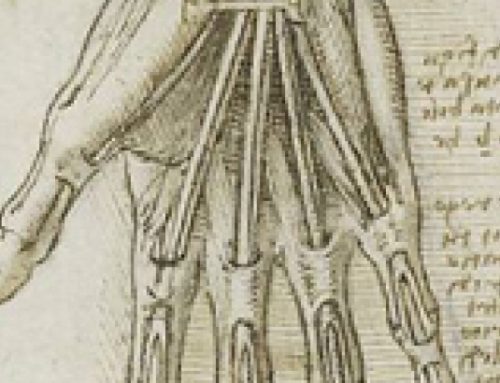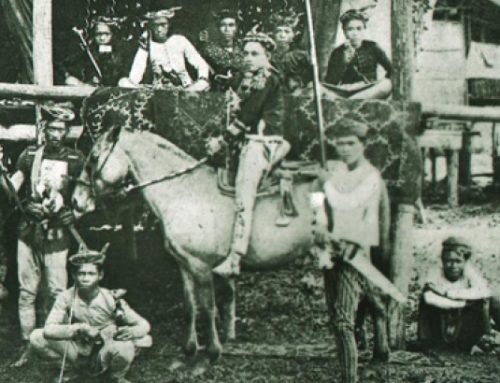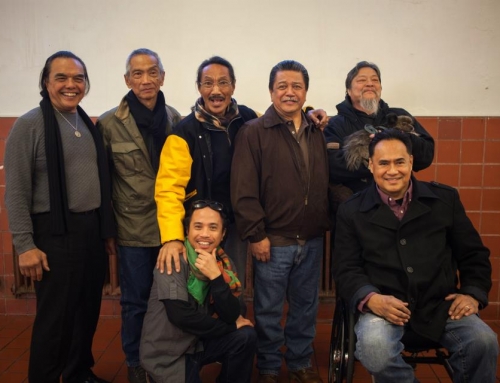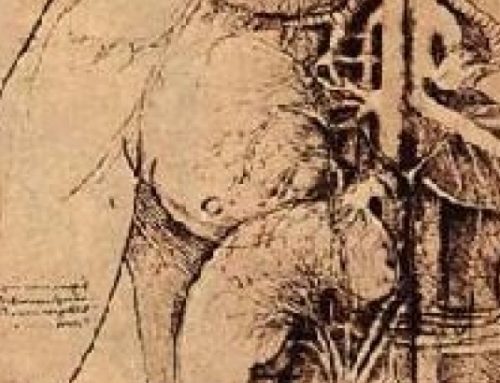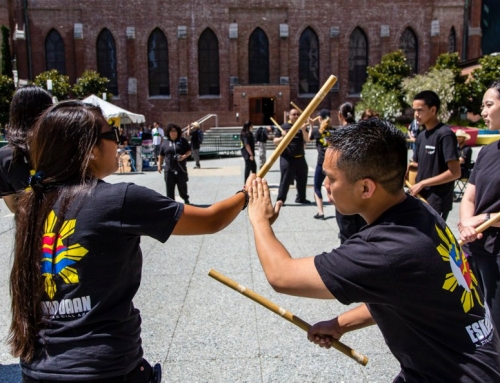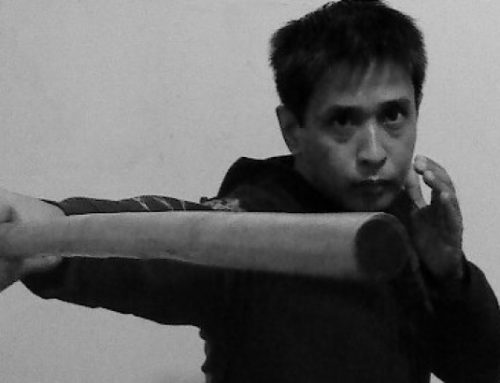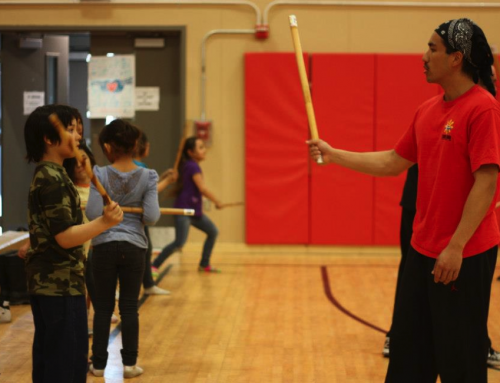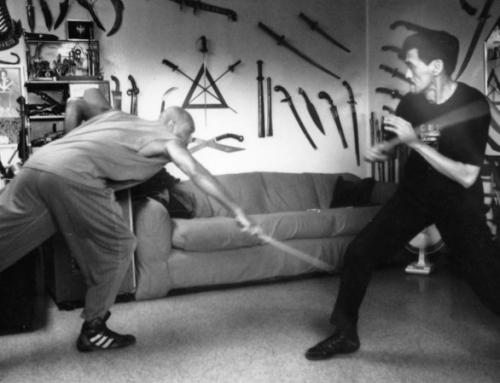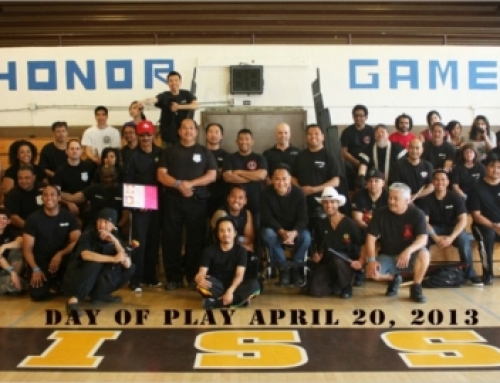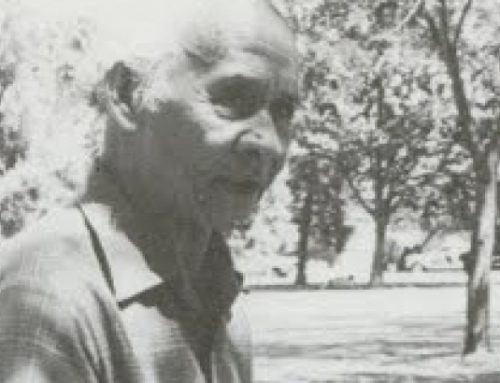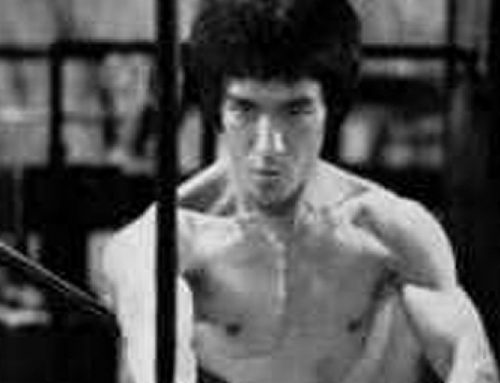The fighter/teacher is a man who has pursued the martial arts in hopes of becoming a superior fighter. He is often the student of a relative, or a long-time student of a local teacher. He may not necessarily belong to an established school, but his goal is for skill rather than rank.
More often than not, a fighter/teacher relies on his skills as a fighter or on his students’ fighting skill to build his reputation as a Master. As a student, the fighter/teacher is literally under the wing of a master, and lends his loyalty to the training and is cultivated as a fighter, rather than promoted.
The martial artist can learn from the fighter such attributes as patience, loyalty, humility, courage and dedication. Because of the lack of a well-known reputation and established organization, the fighter is a self-made man. He must fight the desire to “keep up with the Joneses” and be patient and obedient to his teacher.
He trusts his teacher’s lesson plans and trains as if his life depends on his teachings. Most of all, the fighter/teacher must be willing and capable of proving his worthiness and the effectiveness of his martial arts. He can neither hide behind his organization nor the fact that there are many others practicing the same styles. He is unique, and is not afraid to stand alone while establishing his credibility as a fighter by doing what others do not: Fight.
Because the fighter/teacher is not part of a well-established organization or certifying body, he is most likely self-promoted as an expert. While many teacher had formal graduations or status-denoting ceremonies, the fighter/teacher did not.
Upon being released by his teacher, the fighter is expected to try his skills in combat with other fighters (oh, let me say this: “combat” is a relative term. No one expects teachers to fight in the streets. “Combat” is referring to sparring, whether it is in the tournaments or the classroom). It is during this process that he begins to forge his knowledge and abilities, and his reputation as a fighter.
His experience in matches may lead to creative changes in what he has learned or it may result in his study of a new style. (In future articles, we will discuss the pros and cons of each method) It is when he has spent years and taken part in countless matches that a seasoned fighter is experienced enough to be recognized as qualified to be a teacher.
His acceptance by the community as a teacher, therefore, does not derive from a certification or promotion ceremony-nor does it come from being “recognized” by an organization. The fighter/teacher declares himself a teacher, and based on his accomplishments and skill level, the community accepts as such. In essence, self-promotion is acceptable in the Filipino martial arts community; tests are not necessary.
Any doubting teacher may “test” another teacher’s skill anytime he wants, simply by inviting him to some friendly sparring. Teachers are “promoted” not by a board of instructors, or friends or organizations. Teachers promote themselves, and may even be “promoted” by the acknowledgment of a rival who can attest for one’s fitness for duty.
The fighter/teacher is a rarely-seen sight today.

